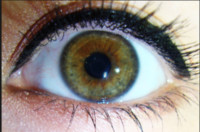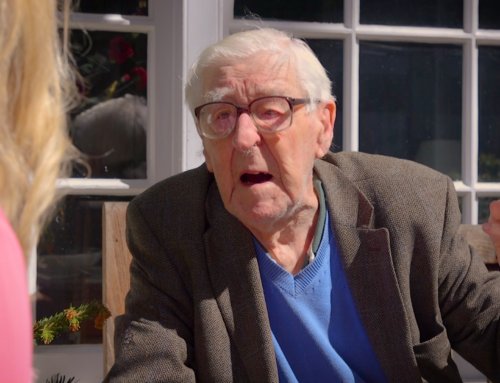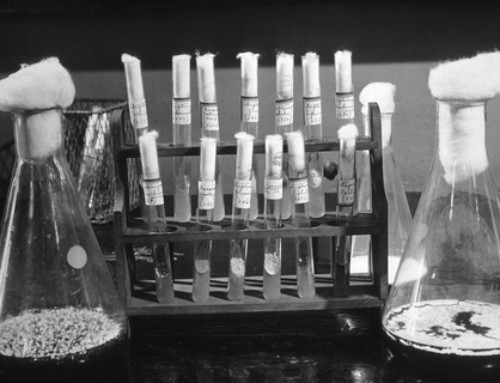I’m excited to introduce the topic of Wilson disease on my blog in order to raise awareness and understanding of this rare disease. The following post is reprinted with permission from my daughter, Schyler who wrote it for her Middle School biology class. I couldn’t have explained it better myself!
Spring of my mother’s junior year in college she began to experience symptoms of what she now knows to be Wilson disease. It started with severe stomach pains, causing her to skip class and sleep excessively, but the doctor dismissed them. The summer after, my mother made repeated careless mistakes at her summer job and became very irritable. These are some of the early symptoms of Wilson disease (WD).
In the fall her legs started swelling and she gained weight, and despite always being exhausted she pushed herself to participate in school. She did not realize anything was wrong because her symptoms came on so slowly; she ignored it, not realizing she had become very sick.
it, not realizing she had become very sick.
My mother’s condition got significantly worse after consuming alcohol, so she became jaundiced. Her roommate convinced her to go to the hospital, where the nurse agreed that she needed testing. She stayed in the hospital for five days and went through lots of tests to discover she had gone into liver failure. A team of doctors could not figure out the cause. Her doctor suggested she quit school and go home, unsure of how long she would live.
Instead of listening to the doctor, my mother went back to school part-time and struggled. The doctor had another idea about her diagnosis, and did an eye exam to discover the WD definitive sign, rings in the eyes (caused by excessive copper buildup) that are called Kaiser-Fleischer rings. She was put on a chelation drug, and slowly got better and her liver gradually healed.
Wilson disease is a genetic disorder caused by excessive copper accumulation in the liver. Healthy people excrete excess copper into bile, but people with WD cannot. Copper is in a lot of foods such as chocolate, shellfish, kale and nuts. Copper is essential (in small amounts) like all vitamins and minerals, but excessive copper attacks the liver, causing illness.
The liver is essential for digesting foods and ridding the body of toxic substances. It is the largest solid organ in the body, and sits under the rib cage on the right side of the abdomen. Disruption to the liver can cause serious damage to the body. My mother primarily experienced symptoms of liver failure, but other people with WD can experience neurological and psychological symptoms. Other symptoms can include tremors, difficulty walking or talking, and like I said before, the definitive rings in eyes. These symptoms usually appear in late adolescence, but can appear anytime throughout one’s life.
Wilson disease is a treatable condition as long as it is detected. Once detected, the treatment must be immediate because a patient’s condition can get worse from day to day and delays may cause permanent damage. The goal for the treatment is to remove excess copper and prevent more copper build-up.
There are two types of WD drugs: chelation therapy and zinc supplements. Chelation acts as a binding of copper and puts it in urinary excretion. Zinc supplements block absorption of copper in the intestinal tract, depletes accumulated copper and prevents its recurrence. My mother was on chelation drugs for more than twenty years but then switched to zinc supplements because there are fewer side effects.
Some people experience liver failure and can’t be helped with medication. Liver failure may require a liver transplant, but my mother’s did not.
Wilson disease is inherited. For a child to inherit it, both parents must carry and pass on a recessive gene. It is rare, only one in thirty-thousand people get it, but all races and ethnicities are at risk with an equal frequency between men and women. All relatives are also at risk. The good news is, as scary as it sounds, if found early WD can be treated and people can live full lives.
The reason I chose to write about this disease is not just because it can be fatal and my mother has it, but most people have not heard of it. Doctors still continue to miss WD despite the tell-tale symptoms such as rings in the eyes.
My mother was lucky. She had liver failure and ignored it, and the situation could have been much worse. She could easily be dead right now. Most of the time when this happens the situation has gotten out of hand because of doctors not recognizing it. Awareness is important. It’s essential for doctors to recognize and diagnose Wilson disease earlier to prevent certain death or lifelong disability.





